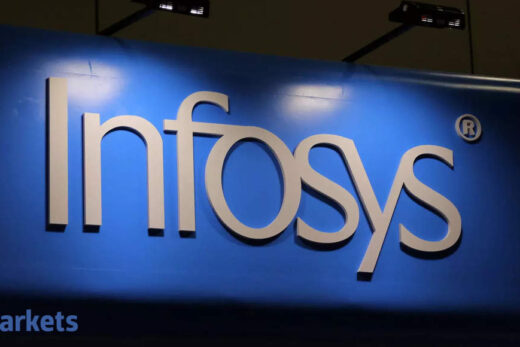These gains were far above the 85 per cent premium the grey market was assigning to the stock over the weekend. Analysts, however, feel there is a good chance that the stock will see some profit taking in the coming days.
But the quick service restaurant (QSR) offers good long-term opportunity, as suggested by the management’s growth plan and the FY21 performance so far, said analysts, who believe any short-term correction on the stock should be seen as a buying opportunity.
“After the 130-odd per cent rise, the stock isn’t cheap at about 50 times price multiples. But listed QSR peers have historically enjoyed high multiples. There are, in fact, not many strong QSR offerings in the listed market to pick from. A comparison with Jubilant Foodworks would be wrong, but we expect the company to have strong business at least over the next three-four quarters and, hence, expect demand for the stock to remain firm,” said Vinod Niar of Geojit Financial Services.
Keshav Lahoti of Angel Broking said short-term investors can book profit.
Lahoti, however, advised long-term investors to stay invested in the stock, as there is ample scope for the company to increase its business in India.
Even after such bumper listing, there is no issue with the stock valuation, Lahoti said.
“Going ahead, we expect the company to gain market share by opening more stores. As the store count increases, operating leverage will kick in and the company will be able to report profit. This will lead to re-rating of the stock,” he said.
The QSR’s Rs 810 crore IPO, which was sold from December 2 to 4, was subscribed 156 times. That made Burger King India’s fourth mainboard IPO this year to have seen bidding of 100 times and more.
The company aims to open 700 restaurants by December 2026, 300 by December 2021, 370 by December 2022 and 450 by December 2023.
Given its track record of being ahead of targets in store additions in the past, the company is confident of achieving the targets for each development year, Nirmal Bang said in a note.
The management expects 70 per cent growth in existing markets and 30 per cent growth from new markets.
If the company is able to achieve 70 per cent of the opening target for any development year, it will be given a six-month cure period in the next development year to open the remaining stores. A failure to comply with the above will give BK AsiaPac the right to terminate the master franchise development agreement (MFDA).
As per the RHP, “To the extent a termination of the MFDA is solely due to a development default, the company will be entitled to open at least 35 Burger King restaurants per calendar year through December 31, 2039 under the previously agreed terms,” Nirmal Bang noted.
The management says the MFDA allowed Burger King to build the entire supply chain from scratch and negotiate directly with suppliers. The company has been able to achieve gross margin expansion of 430 basis points over FY17-FY20 on the back of supply chain efficiencies, cluster penetration and fast scaling.
The company has spent substantially on marketing costs in the recent years (Rs 40-45 crore each year). Thus, advertisement spend should now stabilise at 5 per cent of revenue, Nirmal Bang said.
The management, Nirmal said, says it has constantly tried to tighten corporate costs and reduced it from 9.6 per cent in FY18 to 5.5 per cent in FY20. The 5.5 per cent will be the peak, as per the management.
In response to the Covid-related lockdown, the management made sure that the company had sufficient liquidity – through a capital infusion of Rs 58 crore in May in the form of rights issue and Rs 92 crore from Amansa Investments in November. The company is also undertaking some cost-saving initiatives, including re-negotiation of rentals and reduction of rental costs by Rs 20 crore, reduction in staff salary wherein the CEO has taken the highest cut and re-negotiating with supply chain vendors, Nirmal Bang analysts, who attended the analyst meet, said.
Burger King also made additions to its menu, relaunched its app, worked on its value proposition and packaging, Nirmal Bang said.
In recent times, the company has seen footfalls increase gradually month-on-month (even week-on-week improvement witnessed in the recent months). It also said its ‘delivery’ has recovered significantly to pre-Covid levels.



